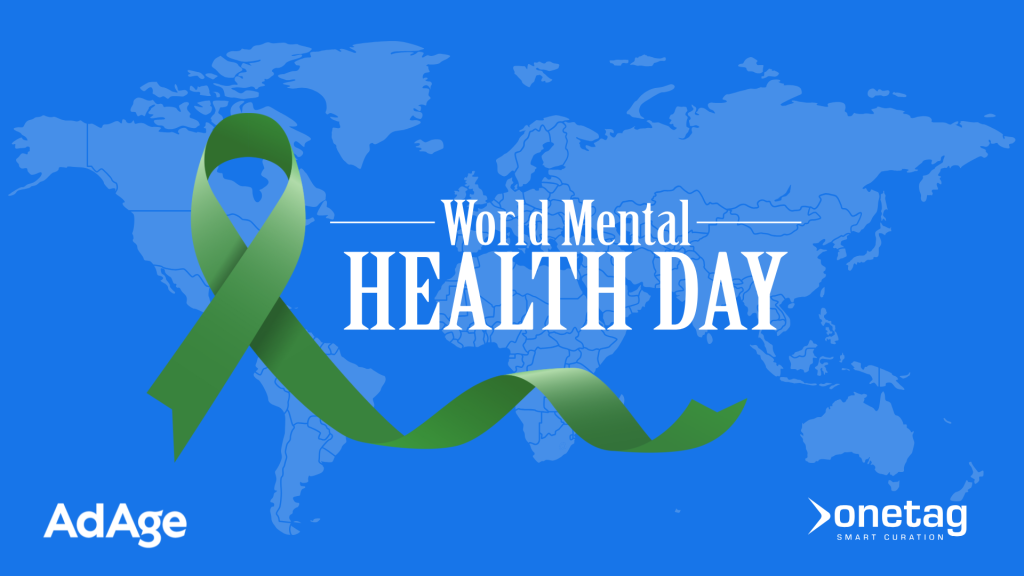Leaders should move past the remote work debate and build work cultures centered on mental health, flexibility and support.
By Filippo Gramigna and Daniel Pirchio, co-CEOs of Onetag
The debate over remote work versus office mandates shows no signs of slowing. The advertising world is no exception, where some argue that agencies should go fully remote to cut costs and expand talent pools, and others warn that doing so will rob workers of critical cultural fluency.
This debate overlooks a seemingly obvious point: Ours is a global, multilingual industry built on collaboration across borders and time zones. Teams must balance creativity with constant client demands, often while working with colleagues whom they’ve never met in person. As a recent World Economic Forum analysis found, nearly half of workers would look for a new job if their employer ended remote work options, a clear signal that well-being and flexibility are now inseparable from retention.
The “remote versus office” binary obscures a more important issue: how people feel at work. Mental health is at once a personal and an economic issue. According to the World Health Organization, 15% of working-age adults live with a mental disorder. Depression and anxiety alone cost the globe an estimated 12 billion working days each year. That’s $1 trillion in lost productivity.
As co-CEOs, we’ve learned this lesson firsthand, not because of a crisis, but because of our growth. Over the past two years, our company headcount has grown by over two-thirds
across multiple regions. That growth gave us a choice: Follow the industry’s polarized debate about where work happens or reframe the conversation entirely. We’ve chosen the latter, making mental health the foundation of our workplace culture.
How advertising work is changing
Advertising has always thrived on speed and reinvention. Hybrid work is now common in our industry, and by some accounts, is one of the best models for promoting employees’ well-being and creativity.
At the same time, the psychosocial risks flagged by the WHO (including excessive workloads, low job control and job insecurity) are more acute in our industry than ever. Agencies and ad tech firms often run lean. We ask employees to manage global schedules and demanding client needs. Add in the volatility of an industry reshaped by AI, new channels and economic pressure, and it’s clear why resilience and trust can matter more than location.
When growth is a catalyst
Scaling a company only intensifies these pressures. Rapid hiring across countries and time zones recently highlighted our need for consistent structures to support people. Informal check-ins and ad hoc flexibility worked when we were smaller, but they couldn’t sustain a larger, more distributed team.
Rather than defaulting to one model of work, you can build a third way—a framework that balances flexibility, connection, and mental health:
Flexibility and time
Full remote-working blocks at various times throughout the year, generous holiday policies and a recharge day on October 10, in honor of World Mental Health Day.
Access to support
Well-being platforms in multiple regions, offering therapy and coaching hours covered by the company.
Manager coaching
Programs designed to help managers recognize distress, communicate openly and model healthy work habits echo WHO’s recommendation that management ought to play a central role in protecting mental health at work.
By giving people the structures they need to feel supported, it ensures they show up with the energy and creativity our industry demands. If we all do our part, we’ll continue to grow.
How to lead with mental health
Here are other takeaways that other executives and HR leaders may find useful:
Embed mental health in structures
Formalize policies around time off, recharge days and access to therapy and coaching. Don’t rely on goodwill or exceptions.
Equip managers as culture carriers
Invest in coaching so that leaders can build supportive, healthy team cultures.
Make flexibility global
Adapt tools and resources to local contexts while keeping company values consistent.
Use offsites intentionally
In a distributed world, off-sites need to go beyond team building to culturally anchor daily office connection.
Value quality over volume
Adding holidays or recharge days may look costly, but they create long-term gains in focus, retention and motivation.
When mental health is treated as core to culture rather than as an optional perk, the benefits compound. Teams become more resilient, energy levels rise, and creativity sustains. As a result, retention improves, client work becomes more collaborative and stronger, and the business can scale without burning people out.
The remote versus office debate will undoubtedly continue, but let’s stop letting it distract us from the mental health of our teams. On World Mental Health Day, we believe that a shift in the conversation is critical. Stop obsessing on where work should happen. Focus on what your people need to thrive.
Orignally Published on: Ad Age



